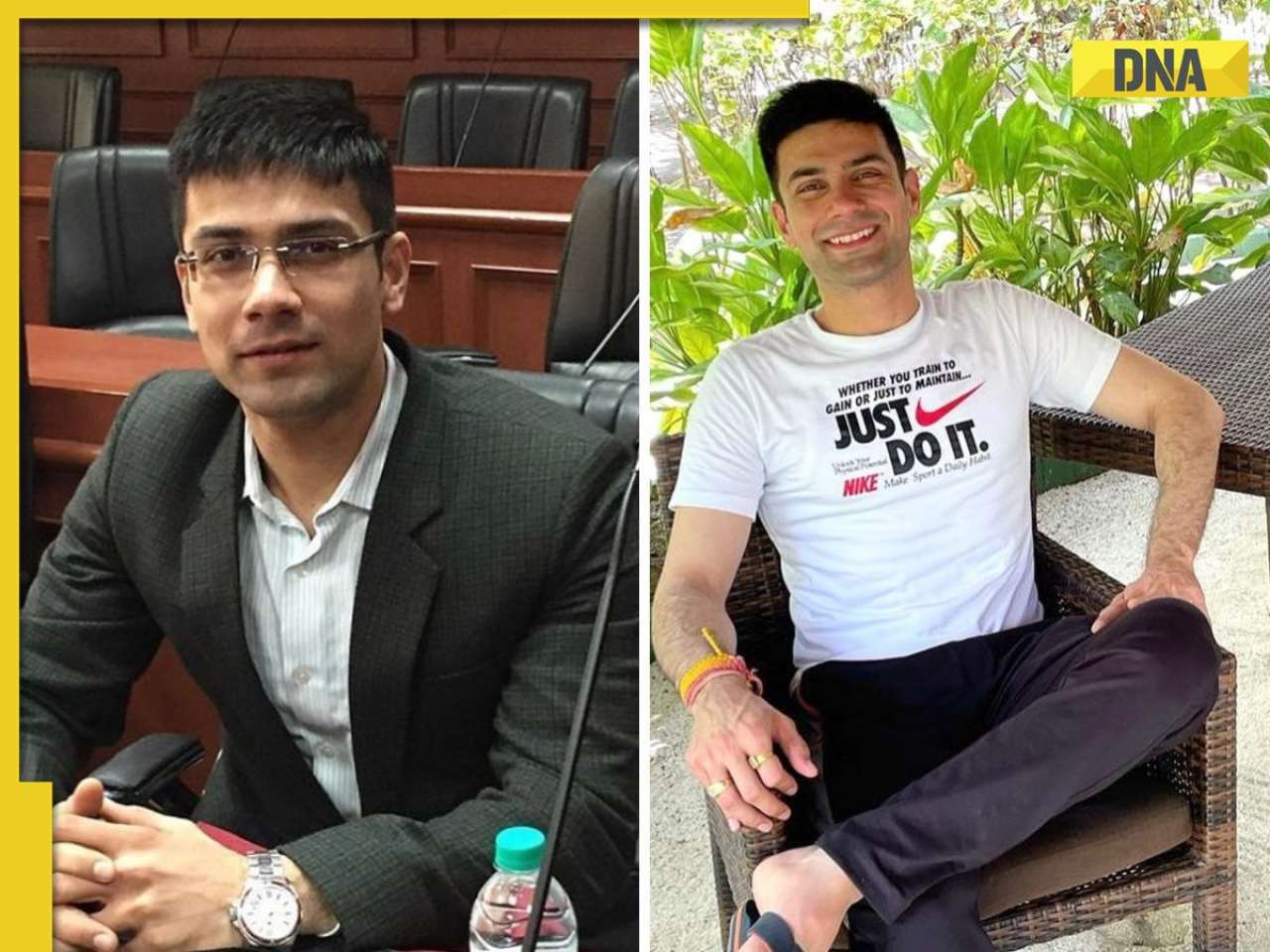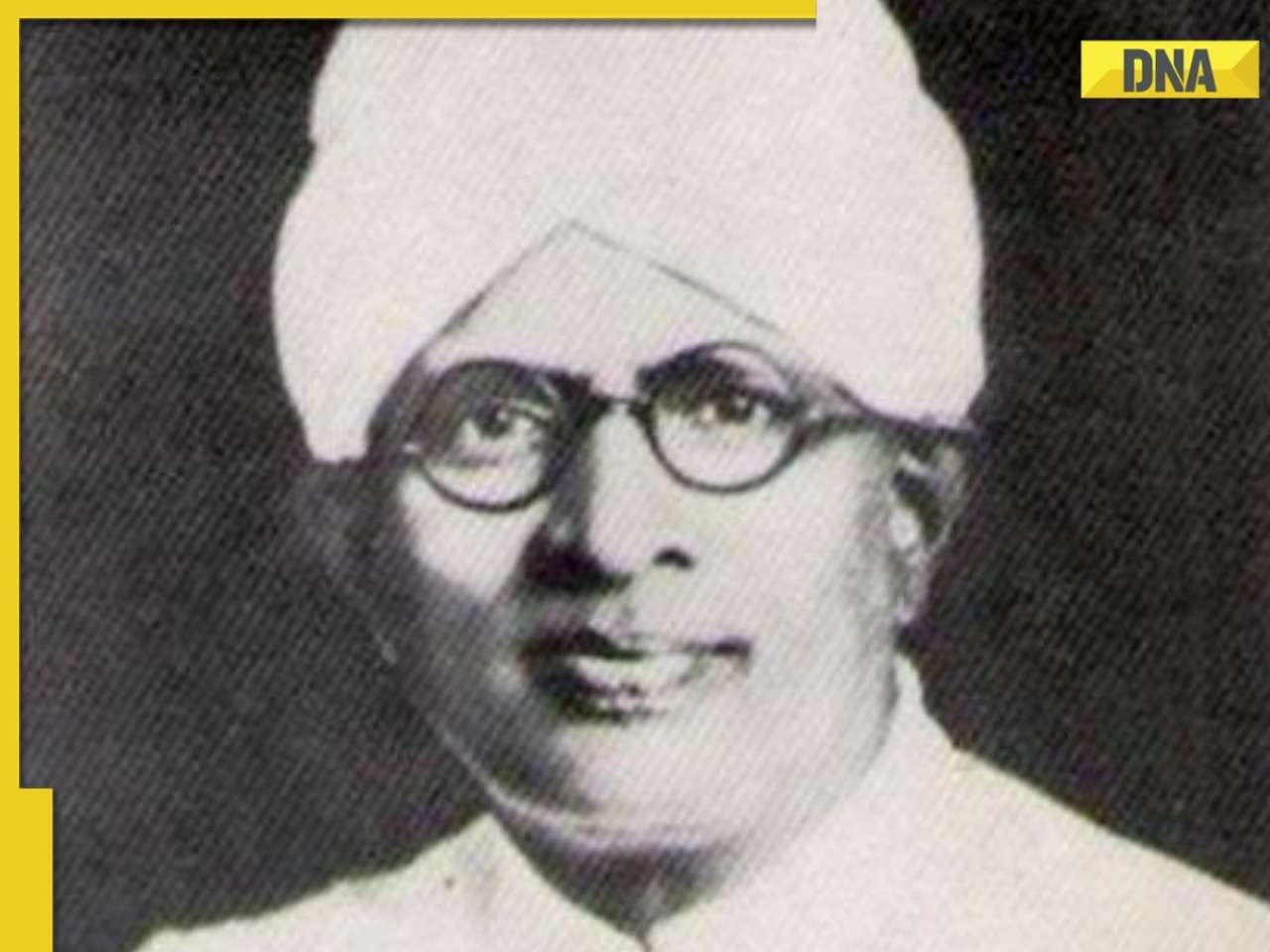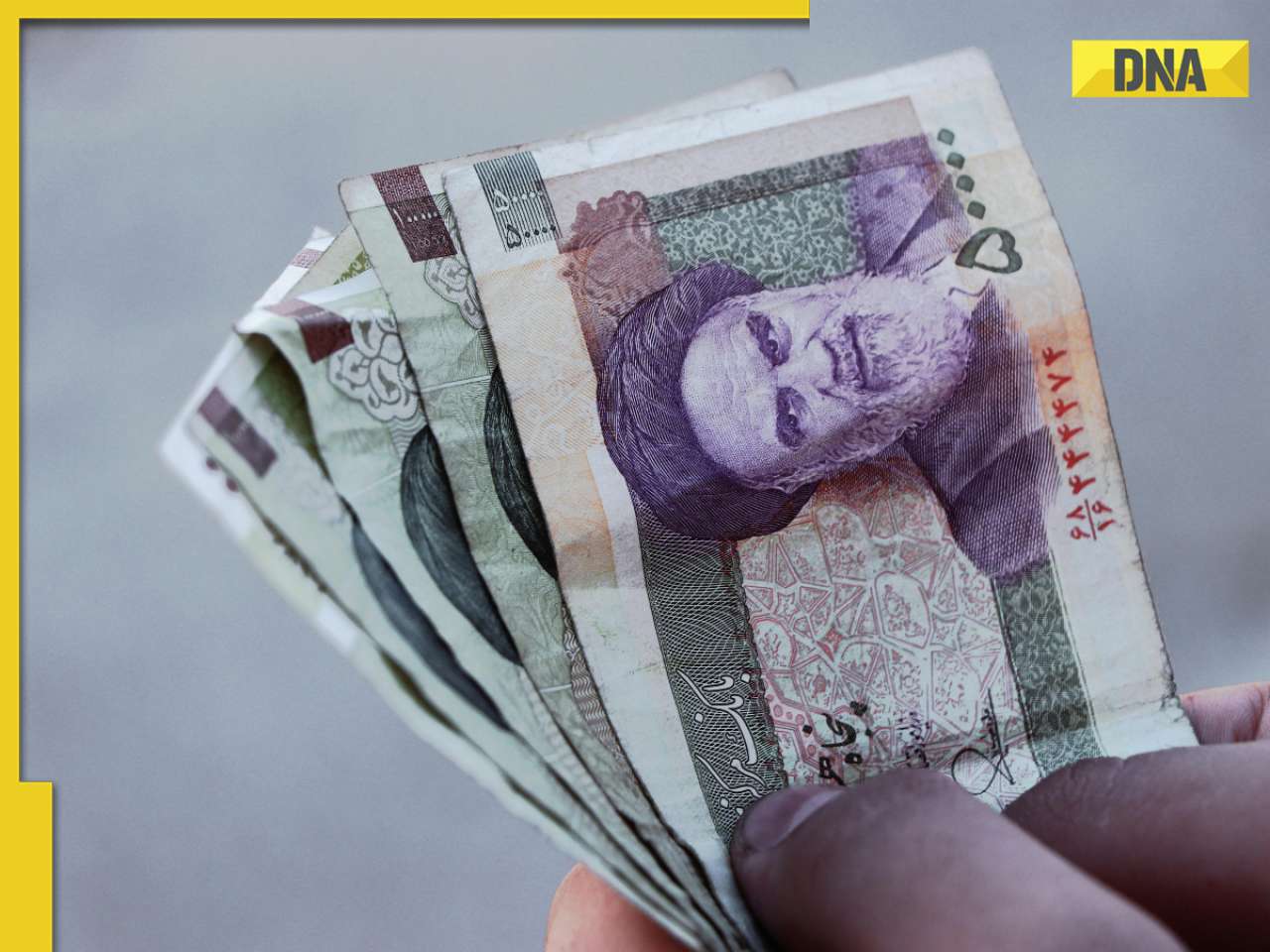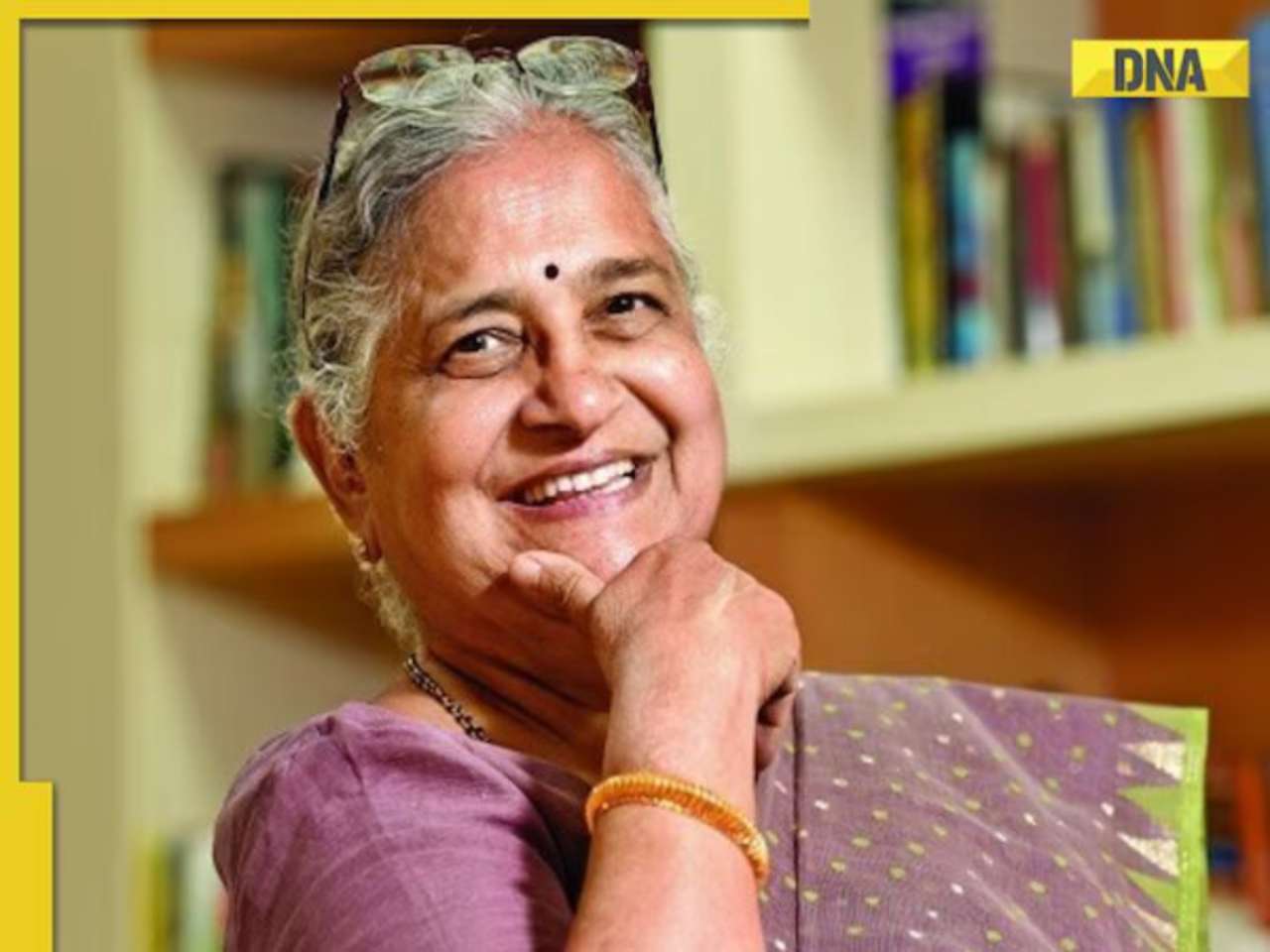This unsung hero's research led to a breakthrough that revolutionized the field of medicine and healthcare.
India has a rich history of having exceptional geniuses and scientists who have made significant contributions to the world. From the visionary APJ Abdul Kalam to the Nobel laureate CV Raman, these individuals have left an indelible mark on the scientific community. However, there was a scientist from history whose name may not ring a bell to many, yet his groundbreaking discovery played a crucial role in saving the lives of millions on Earth.
Back in the day, Dr Upendranath Brahmachari was a leading doctor and scientist in Bengal who had studied at prestigious institutions like Presidency College and the University of Calcutta.
After completing his graduation in the field of mathematics and chemistry, he changed his path to studying medicine and surgery. It resulted in securing his MD in 1902 and PhD in 1904.
Later, he worked at the Dhaka Medical School and then the Campbell Medical School in Calcutta. During his tenure, he undertook the challenge of finding a cure for the deadly disease known as kala-azar or black fever, a fatal parasitic epidemic that had killed millions in many countries. The parasitic disease would blacken a person's skin and viciously attack critical organs like the liver and spleen. In the absence of treatment, it often led to death.
Dr Brahmachari dedicated 20 years of his life to find a cheap cure without side effects. Despite working in a room with no electricity and poor water supply in 1920, he discovered Urea Stibamine.
This discovery witnessed a tremendous change in the fortunes of humanity. It transitioned the 90% mortality rate due to the menacing black fever to a 90% success rate in battling the disease.
He then made sure that many hospitals received his cure for free to fight the epidemic. This was even before penicillin was discovered.
This unsung hero's research led to a breakthrough that revolutionised the field of medicine and healthcare. His other notable works involved establishing Asia’s first blood bank in 1935.
Dr. Brahmachari was an acclaimed scientist, so much so that he was considered for the prestigious Nobel Prize not once, but six times.
Once in 1929 alongside the famous Sigmund Freud and five times in 1942. Despite such groundbreaking discoveries, he could never take the esteemed award home.
However, it was suspected that his ethnicity may have been the prominent reason for him being overlooked at an esteemed forum. Dr. Brahmachari was never a part of scientific institutions such as the Royal Society and the American Academy of Arts and Sciences. A defamation campaign allegedly hindered his acceptance into the Royal Society.
The DNA app is now available for download on the Google Play Store. Please download the app and share your feedback with us.
![submenu-img]() Khatron Ke Khiladi 14 first promo shows Karan Veer Mehra getting electrocuted, Sumona Chakravarti performing...
Khatron Ke Khiladi 14 first promo shows Karan Veer Mehra getting electrocuted, Sumona Chakravarti performing... ![submenu-img]() After Reliance Jio and Airtel, Vodafone Idea raises mobile tariff from...
After Reliance Jio and Airtel, Vodafone Idea raises mobile tariff from...![submenu-img]() ‘Sikhaane waale ko na sikhaaye’: Inzamam-ul-Haq hits back at Rohit Sharma's reverse swing jibe
‘Sikhaane waale ko na sikhaaye’: Inzamam-ul-Haq hits back at Rohit Sharma's reverse swing jibe ![submenu-img]() India's most valuable brand at Rs 238390 crore revealed, not run by Mukesh Ambani, Adani
India's most valuable brand at Rs 238390 crore revealed, not run by Mukesh Ambani, Adani![submenu-img]() This flop film reunited 2 superstars, was loosely based on Hollywood classic, rejected by SRK, Aamir; earned only...
This flop film reunited 2 superstars, was loosely based on Hollywood classic, rejected by SRK, Aamir; earned only...![submenu-img]() UPSC topper IAS Tina Dabi is handling two crucial responsibilities, know details here
UPSC topper IAS Tina Dabi is handling two crucial responsibilities, know details here![submenu-img]() Meet Indian, world's youngest female Chartered Accountant who secured AIR 1, her score was...
Meet Indian, world's youngest female Chartered Accountant who secured AIR 1, her score was...![submenu-img]() Meet man, who cracked UPSC exam to become IAS officer, later resigned due to...
Meet man, who cracked UPSC exam to become IAS officer, later resigned due to...![submenu-img]() The Meaning of Distance Learning Courses
The Meaning of Distance Learning Courses![submenu-img]() Meet Indian genius who built first car factory in India, he is called 'Father of...'
Meet Indian genius who built first car factory in India, he is called 'Father of...'![submenu-img]() DNA Verified: Did Kangana Ranaut party with gangster Abu Salem? Actress reveals who's with her in viral photo
DNA Verified: Did Kangana Ranaut party with gangster Abu Salem? Actress reveals who's with her in viral photo![submenu-img]() DNA Verified: New Delhi Railway Station to be closed for 4 years? Know the truth here
DNA Verified: New Delhi Railway Station to be closed for 4 years? Know the truth here![submenu-img]() DNA Verified: Did RSS chief Mohan Bhagwat praise Congress during Lok Sabha Elections 2024? Know the truth here
DNA Verified: Did RSS chief Mohan Bhagwat praise Congress during Lok Sabha Elections 2024? Know the truth here![submenu-img]() DNA Verified: Is CAA an anti-Muslim law? Centre terms news report as 'misleading'
DNA Verified: Is CAA an anti-Muslim law? Centre terms news report as 'misleading'![submenu-img]() DNA Verified: Lok Sabha Elections 2024 to be held on April 19? Know truth behind viral message
DNA Verified: Lok Sabha Elections 2024 to be held on April 19? Know truth behind viral message![submenu-img]() Alia Bhatt mesmerises in gown, Ranbir Kapoor looks classy in tuxedo in latest romantic photos, fans say 'couple goals'
Alia Bhatt mesmerises in gown, Ranbir Kapoor looks classy in tuxedo in latest romantic photos, fans say 'couple goals'![submenu-img]() Newlyweds Sonakshi Sinha-Zaheer Iqbal pose candidly with paps; Anil Kapoor, Kajol, Huma Qureshi attend wedding reception
Newlyweds Sonakshi Sinha-Zaheer Iqbal pose candidly with paps; Anil Kapoor, Kajol, Huma Qureshi attend wedding reception![submenu-img]() Meet Lovekesh Kataria: Elvish Yadav's close friend, Bigg Boss OTT 3 contestant who lied to father, spent his fees on...
Meet Lovekesh Kataria: Elvish Yadav's close friend, Bigg Boss OTT 3 contestant who lied to father, spent his fees on...![submenu-img]() From Highway to Chandu Champion: 5 underrated gems from Sajid Nadiadwala
From Highway to Chandu Champion: 5 underrated gems from Sajid Nadiadwala![submenu-img]() In pics: Bigg Boss OTT 3 house with dragons, two-sided walls is all about fantasy coming alive
In pics: Bigg Boss OTT 3 house with dragons, two-sided walls is all about fantasy coming alive![submenu-img]() Lok Sabha Speaker's Election: What does the Constitution say?
Lok Sabha Speaker's Election: What does the Constitution say?![submenu-img]() Explained: Why is Kerala demanding to change its name to Keralam?
Explained: Why is Kerala demanding to change its name to Keralam?![submenu-img]() DNA Explainer: What is Kafala system that is prevalent in gulf countries? Why is it considered extremely brutal?
DNA Explainer: What is Kafala system that is prevalent in gulf countries? Why is it considered extremely brutal? ![submenu-img]() Lok Sabha Elections 2024: What are exit polls? When and how are they conducted?
Lok Sabha Elections 2024: What are exit polls? When and how are they conducted?![submenu-img]() DNA Explainer: Why was Iranian president Ebrahim Raisi seen as possible successor to Ayatollah Khamenei?
DNA Explainer: Why was Iranian president Ebrahim Raisi seen as possible successor to Ayatollah Khamenei?![submenu-img]() Khatron Ke Khiladi 14 first promo shows Karan Veer Mehra getting electrocuted, Sumona Chakravarti performing...
Khatron Ke Khiladi 14 first promo shows Karan Veer Mehra getting electrocuted, Sumona Chakravarti performing... ![submenu-img]() This flop film reunited 2 superstars, was loosely based on Hollywood classic, rejected by SRK, Aamir; earned only...
This flop film reunited 2 superstars, was loosely based on Hollywood classic, rejected by SRK, Aamir; earned only...![submenu-img]() Vicky Kaushal breaks his silence on pregnancy rumours of Katrina Kaif: 'Jab uska time...'
Vicky Kaushal breaks his silence on pregnancy rumours of Katrina Kaif: 'Jab uska time...'![submenu-img]() Bad Newz trailer: Vicky Kaushal fights for Tripti Dimri, protects Katrina Kaif from Ammy Virk, fans say 'yeh toh...'
Bad Newz trailer: Vicky Kaushal fights for Tripti Dimri, protects Katrina Kaif from Ammy Virk, fans say 'yeh toh...'![submenu-img]() India's most unsuccessful director has 26 flops, no hit since 1998, was once called great, now works with porn stars
India's most unsuccessful director has 26 flops, no hit since 1998, was once called great, now works with porn stars![submenu-img]() This Muslim country's currency is weakest in world, one can become millionaire with just Rs 2000, Rs 1 equal to...
This Muslim country's currency is weakest in world, one can become millionaire with just Rs 2000, Rs 1 equal to...![submenu-img]() Watch viral video: Indian mom dries clothes on balcony of Dubai's Atlantis, The Palm; hotel reacts
Watch viral video: Indian mom dries clothes on balcony of Dubai's Atlantis, The Palm; hotel reacts![submenu-img]() 'Men, women are equal but...': Sudha Murty's unique take on gender equality goes viral
'Men, women are equal but...': Sudha Murty's unique take on gender equality goes viral![submenu-img]() Mukesh Ambani, Nita Ambani's son Anant Ambani's wedding card adorned in gold, silver goes viral, it costs...
Mukesh Ambani, Nita Ambani's son Anant Ambani's wedding card adorned in gold, silver goes viral, it costs... ![submenu-img]() Viral video: Good samaritans rescue stranded turtle on remote beach, internet hearts it
Viral video: Good samaritans rescue stranded turtle on remote beach, internet hearts it







































)




)
)
)
)
)
)